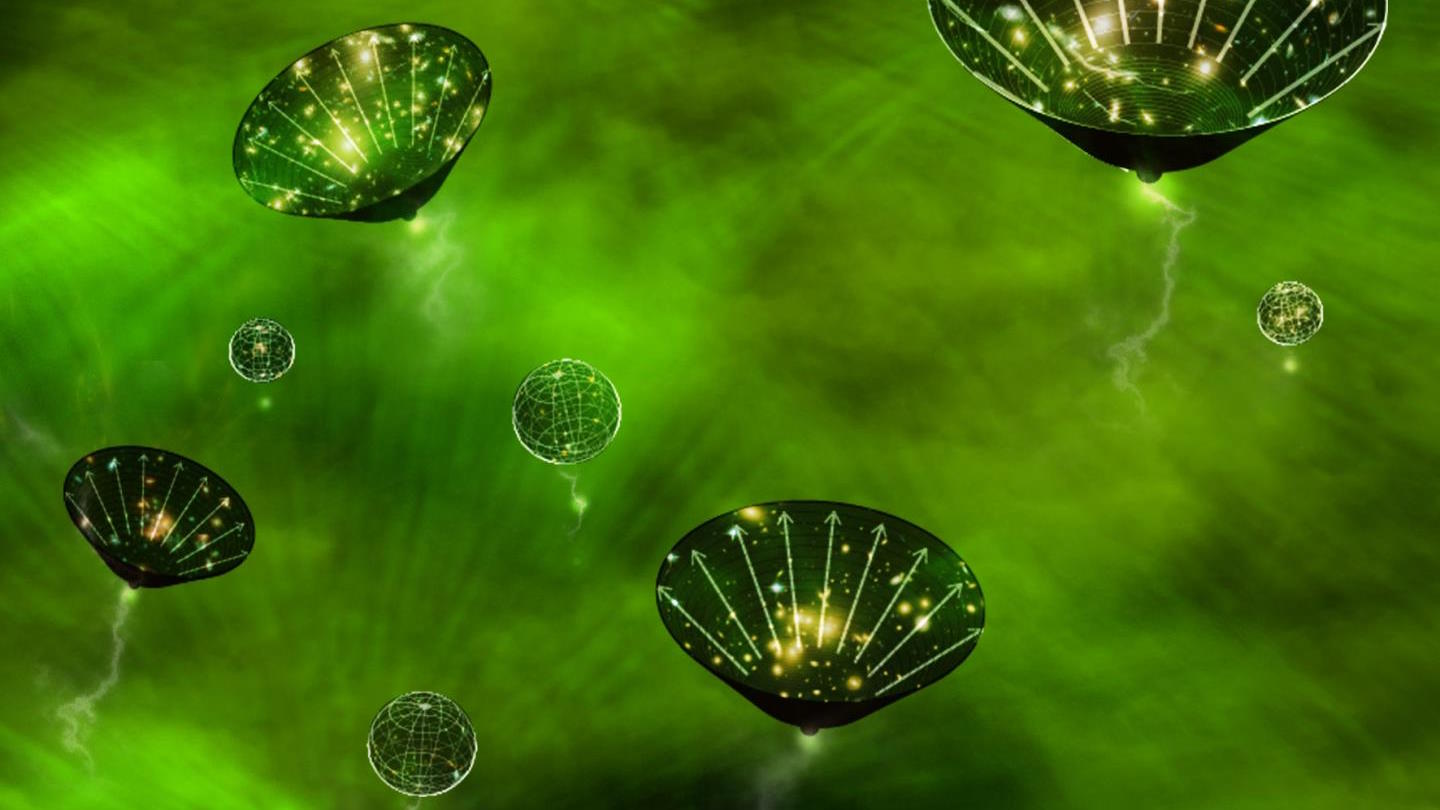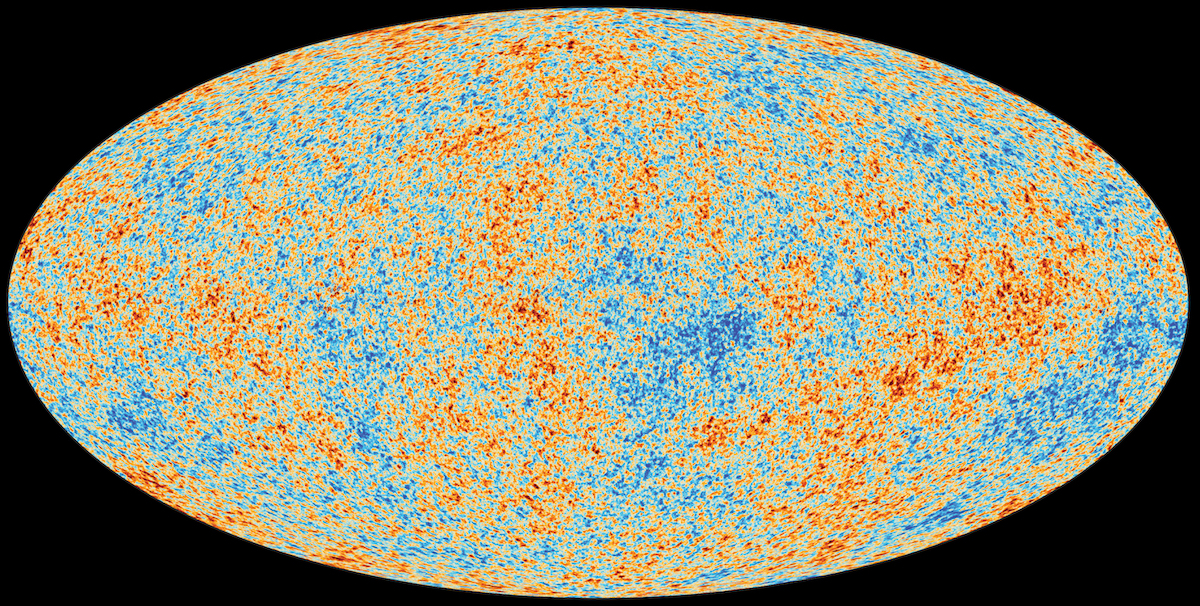Sign up for Big Think on Substack
The most surprising and impactful new stories delivered to your inbox every week, for free.
If you’re here to indulge in some mind-bending talk about time travel, neuroscientist Dean Buonomano is about to break some hearts. He doesn’t think it’s plausible—but if it were, there is one hypothesis of the universe in which it could theoretically happen. There are currently two main ideas about time: Presentism—the notion is that only the present is real: the past happened, the future will happen, but only the present exists—and Eternalism, in which the past, present, and future are all equally real. If you want to flux-capacitor your way back in time, you’ll want to hope that Eternalism turns out to be the true theory. It’s known to physicists as Block Universe, where all moments of the past, present, and future are already laid out in a continuum—there are places to travel to. “Under Presentism we can pretty much take the possibility of time travel off the table because there’s no other moments to go to—only the present is real,” says Buonomano.
While there is certainly no consensus in the physics community, Eternalism is the standard view. And here is where the conflict with neuroscience begins. Buonomano presents the mutually exclusive ideas of the nature of time within the two fields, and explains why the disciplines need to have a meeting of the minds. Dean Buonomano is the author of Your Brain Is a Time Machine: The Neuroscience and Physics of Time.

Dean Buonomano: So there’s two general hypotheses or theories about the nature of time. One of them we’ll call Presentism. And Presentism the notion is that only the present is real. The past was real. The future, some configuration of the future universe, will be real. But for now only the present is real.
In contrast the opposing view is called Eternalism. In Eternalism you have: the past, present and future are all equally real. So that makes the present just an arbitrary point in time or an arbitrary moment in time.
So one way to think about this is: Now is to time as Here is to space. So in the same sense that I happen to be here and some viewers are out at some other point in space (and we’re all comfortable with that notion that other points in space are equally real), in Eternalism you have to be comfortable with the notion that other moments in time are as equally real as this moment in time and this is just an arbitrary moment.
And so under that view, there are other moments—or there’s a continuum of moments in time—that are essentially already laid out within the universe. And that universe in physics is called the Block Universe.
Under the Block Universe it makes sense to engage in a conversation about time travel, because there’s other moments to go to. Not that this does speak to the issue of whether time travel is actually plausible or not; it’s probably not. But it enables the conversation because other moments in time exist.
Under Presentism we can pretty much take the possibility of time travel off the table because there’s no other moments to go to—Only the present is real. So it doesn’t make sense to ask if you can travel to moments in time in the past or future that don’t exist.
Now there’s a clash here between neuroscience and physics. So intuitively time seems to be changing. We humans experience the flow of time. Under Eternalism, where everything is already laid out, the flow of time is a deep mystery because it would seem to be that, if all the moments in time are already laid out within the block universe, that the flow of time shouldn’t exist or must be an illusion.
So if the flow of time, if our subjective sense of the flow of time is an illusion, we have this clash between physics and neuroscience because the dominant theory in physics is that we live in the Block Universe. And I should be clear: there is no consensus. There’s no 100 percent agreement, but the standard view in physics is that—and this comes in large part from Relativity—that we live in an Eternalist universe, in a Block Universe, in which the past, present, and future are equally real.
So this raises the question of whether we can trust our brain to tell us that time is flowing. So I think we need to have an improved dialogue between physics and neuroscience here.
On one hand we have to decide is if we want to accept that our subjective sense of the flow of time is an objective fact about the universe. We perceive time to be flowing; Things seem to be changing; The past seems to be vaporizing into the past and the future seems to be wide open. Now if it’s the case that we live in the Block Universe, that seems to be illusory in a very deep sense. So we have to decide if we want to take our subjective sense of the flow of time as an objective fact about the universe. That must be explained by physics. Or in contrast, is our subjective sense of the flow of time merely an illusion (an illusion in the deepest sense of that word because we’re perceiving something that doesn’t exist in the physical world) that physics doesn’t need to explain (because it doesn’t exist)?
And thus neuroscience needs to address where this illusion comes from. And this illusion is presumably tightly coupled with the problem of consciousness.






